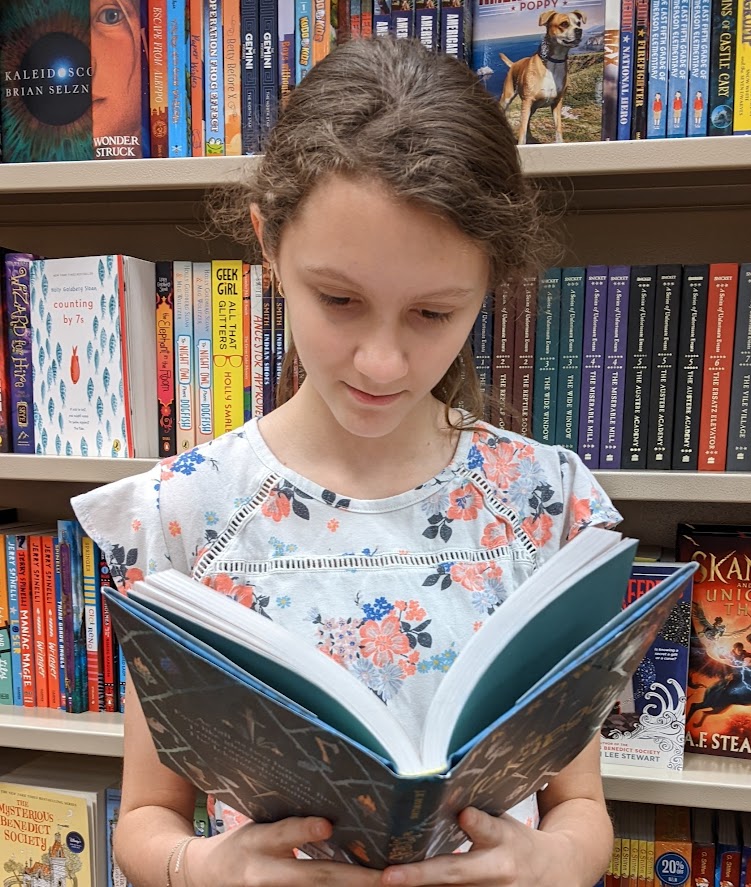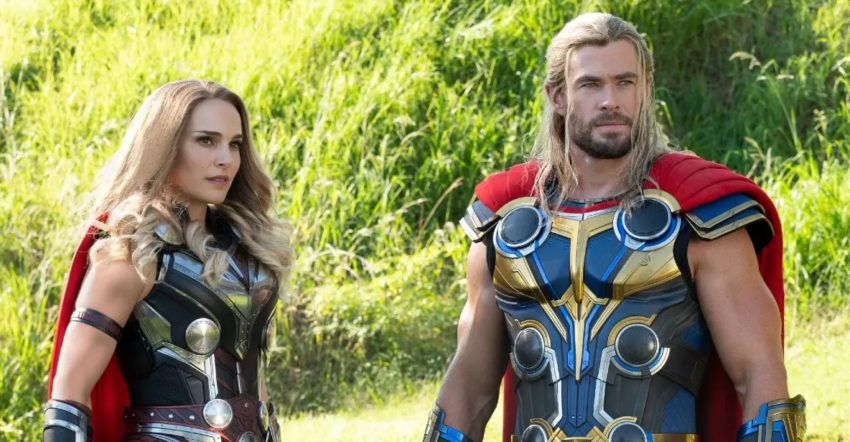I think all of us can agree: the Marvel Cinematic Universe has declined recently. With every new movie (or TV series), the MCU seems to get worse and worse. The characters are no longer loveable, every topic discussed is incredibly preachy, and it doesn’t feel like the writers have a direction anymore. Marvel fans have grown bored with the new content, if they even watch it at all.
A major reason for the studio’s downfall, among many other things, is that, since Thanos, they’ve failed to create a good villain. Sure, there are these characters that are placed into an antagonist role, but they have completely failed to truly terrify the audience and create a true problem for the heroes. Instead, Marvel has cranked out milk-sop characters who are meant to make you feel empathetic, but instead come across as pathetic. Though these ‘villains’ manage to kill many innocent people in the most action-packed way the writers could think of, they don’t truly terrify anyone.
Why? Because the writers always try to rush their character arcs.
What Makes a Good Villain
On top of what Mara mentioned a few weeks ago, there is something else that makes a good villain. A component that you think would be obvious, but somehow hasn’t been present in many modern-day antagonists.
A villain is a morally wicked person who’s purpose in the story is to stop the protagonist from their goal and give the reader someone to hate. A hero, or main character, is someone the reader roots for to the end and has good morals that battle against the villains to show the reader that their beliefs (or what they come to believe) is right.
When you create a villain, they’re meant to stick to that role. If you flip the script and suddenly claim that your bad guy is good, then the story has no balance and makes the whole plot worthless. In fact, it doesn’t even make them scary anymore. If you make your villain the misunderstood hero with little to no warning, then it strips them of what made them truly horrifying: Their strong belief in something horribly wrong. More on that in a bit, but first, I want to point out how Marvel made this exact mistake in their latest Thor movie, and how you can avoid it.
Gorr the god Butcher
We’ve been talking a lot about villains here on the Story Fortress, but I thought it was time to give a bad example of a villain for a change. One of the worst recent Marvel villains was Gorr the god Butcher from Thor: Love and Thunder. This movie has some of the worst ratings in MCU history, and though there were countless things wrong with it, the biggest thing was their lack of a solid antagonist. Though he was certainly creepy and well-portrayed by his actor, Marvel made a major mistake with his character along the way.
Gorr’s story starts when his whole family is brutally killed. This poor alien man goes a long journey to find a powerful god and beg him for help. Gorr finds the god, but discovers that he is just a rich tyrant who doesn’t listen to the desperate prayers of his people at all. This spirals Gorr into a path of anger and hatred for all the gods in the universe, and after winning a magical sword from a duel, Gorr determines to kill every single god he can find. To him, if they don’t listen to prayers, they don’t deserve to live.
At this point in the movie, Gorr is a pretty well-written bad guy. He has a personal motivation to kill instead of just a dumb desire to take over the world and he does a lot of creepy, spine-chilling things. His main goal is to unlock a place called Eternity, which will grant him any wish he wants. They missed a few key components to make you deeply hate Gorr, but overall he was doing his normal, villainous job.
But then…at the end of the movie, the writer’s tried to make the viewer feel bad for Gorr. They show that it was really just the evil sword he was holding that was influencing him, and that murdering thousands of others characters was excusable because he was just a poor, misunderstood fellow. Instead of making this a gradual redemption arc, suddenly Gorr was declared to be just as morally right as Thor himself. The ‘development’ was thrust upon the audience, leaving no real evidence or proof that the villain had actually changed. They made the classic mistake of telling but not showing.
You Can’t Rush Character Development (Especially for Your Villain)
Instead of sticking to a solid villain role, the writers attempted to turn Gorr into a sympathetic, relatable hero. And, this in itself, isn’t a huge problem. Redemption arcs can be beautiful and inspirational if written well. But if you just dismiss your villain’s previous actions and only tell the audience that he’s a good guy now, they’ll have a hard time believing you. To have a truly changed villain, you have to show the readers how he admits his previous deeds were wrong and that he is ready to help the good side.
If you try to make your villain relatable while he’s still evil or unchanged, then it confuses your audience as to which side they’re supposed to root for. You can’t sympathize with both the protagonist and the antagonist. That’s not to say that your villain character’s actions can’t be understandable though. Your villain’s motivation behind his murderous deeds should be clear, but the reader shouldn’t sympathize with it, because ultimately what the villain does is wrong.
Gorr had all the right parts to be a good villain: He had an amazing actor to perform his role, he had the right amount of creepiness, and he even had a clear goal and motivation. But the writers tried to shove a bunch of character development down his throat instead of taking the precious time it needed. By rushing his arc, Gorr became a wimpish, strangely neutral character that no one either cared for or feared. There can be no ‘good’ villains, only characters who have truly changed and earned their love from the audience.



What redemption arcs have you seen/read about that feel too rushed? Which ones did it just right? What do you think about Marvel’s recent villains? And how was this article? Too sweet? Too sour? Just right?


Hello, I’m Sophia! I’m a child of God and I (if you couldn’t tell already) love to write! I’m also a total theater kid and strong dessert (specifically cupcake) enthusiast. For as long as I can remember, I’ve enjoyed both reading and making my own stories. I’m so glad I get to share with you what I’ve learned from some of my favorite (or sometimes least favorite) stories on this blog.

